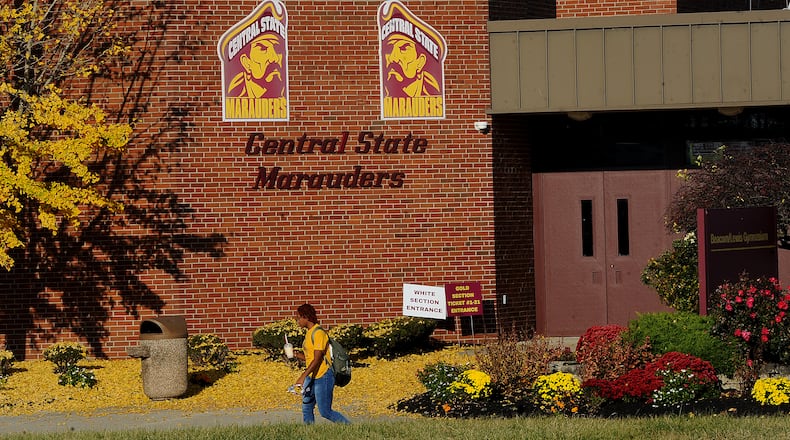The transportation center, led by the University of Michigan, is one of the nation’s 10 regional U.S. DOT Centers of Excellence, in which Central State is an equal partner.
The CCAT advances research on the safety, mobility and sustainability of connected vehicles, connected infrastructure and autonomous vehicles (CAVs), also called self-driving cars.
“CSU’s research focuses on mitigating ground-level pollution from on-road vehicle emissions in congested interstate highways,” said professor Krishna Kumar Nedunuri. “CSU Environmental Engineering Program is developing a web-based air quality mobile app deployed onboard CAVs that not only collect pollution but also alerts passengers approaching these highways of any adverse air quality and allows them to search alternative routes.”
Central State will:
Investigate the vulnerability of CAVs to cyber threats by engaging faculty and students from mathematics and computer science with the university’s John W. Garland College of Engineering, Science, Technology and Agriculture;
Work to address the inclusion of low-income and minorities in CAV research and access to technology by engaging faculty and students from the Department of Social and Behavioral Sciences; and
Investigate how to create sustainable CAV systems using renewable energy sources to minimize carbon and environmental footprints.
The University Transportation Center Program, which awards grants to several colleges and universities across the U.S., seeks to advance transportation research and technology and to develop the next generation of transportation professionals, according to www.transportation.gov.
About the Author

